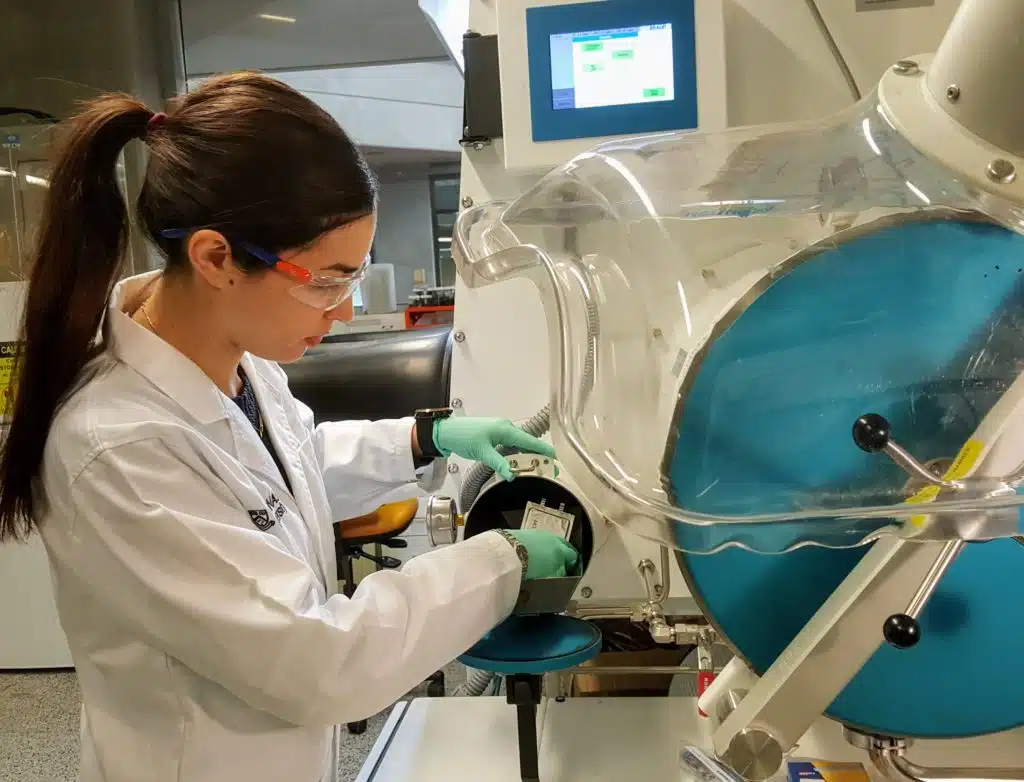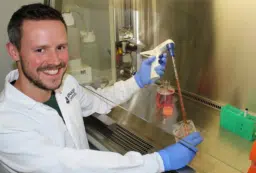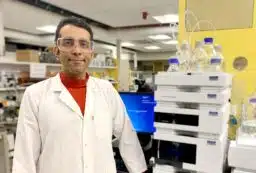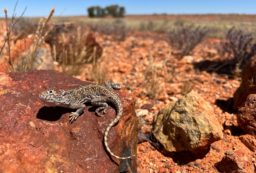Cheaper, more efficient lithium sulfur battery outperforms current electric car battery fourfold
An “Expansion-Tolerant” Architecture offers stability to ultra-high capacity Lithium-Sulfur battery.

A lithium sulfur battery that has four times the capacity than existing electric car batteries has been built and tested by researchers at Monash University, revealed in a paper published in Science Advances.
This would allow you to drive Melbourne to Sydney with just one charge – driving the coastal route. A current edition prius would require to stop in Albury-Wodonga to recharge.
Dr Mahdokht Shaibani, an engineer from Monash did this by developing an electrode which accommodates the cycling stress. An electrode named “expansion-tolerant”.
They have successfully built and tested full-size prototype batteries with R&D colleagues at the Fraunhofer institution in Germany.
“We’ve developed a unique web-like architecture that makes lithium-sulfur batteries much more stable than before,” Dr Shaibani says.
Australia is the number one lithium producer in the world and it is abundant in mine sites in WA. Sulfur is cheap and readily available globally.
One issue with current electric car batteries is that they use cobalt which is scare and mined in Africa.
This also has applications for batteries that store energy off solar panels and grid energy storage.
This technology has been patented and they are currently talking with industry partners. They hope to develop a pilot plant in Australia.
Lithium-sulfur (Li-S) batteries can displace lithium-ion (LIB) by delivering higher specific energy at a lower price. Presently, however, the superior performance fades rapidly because the electrodes in the system break down after only a short time.
To see the impact this story is having in the media, click here.





 Fresh Science is on hold for 2022. We will be back in 2023.
Fresh Science is on hold for 2022. We will be back in 2023.